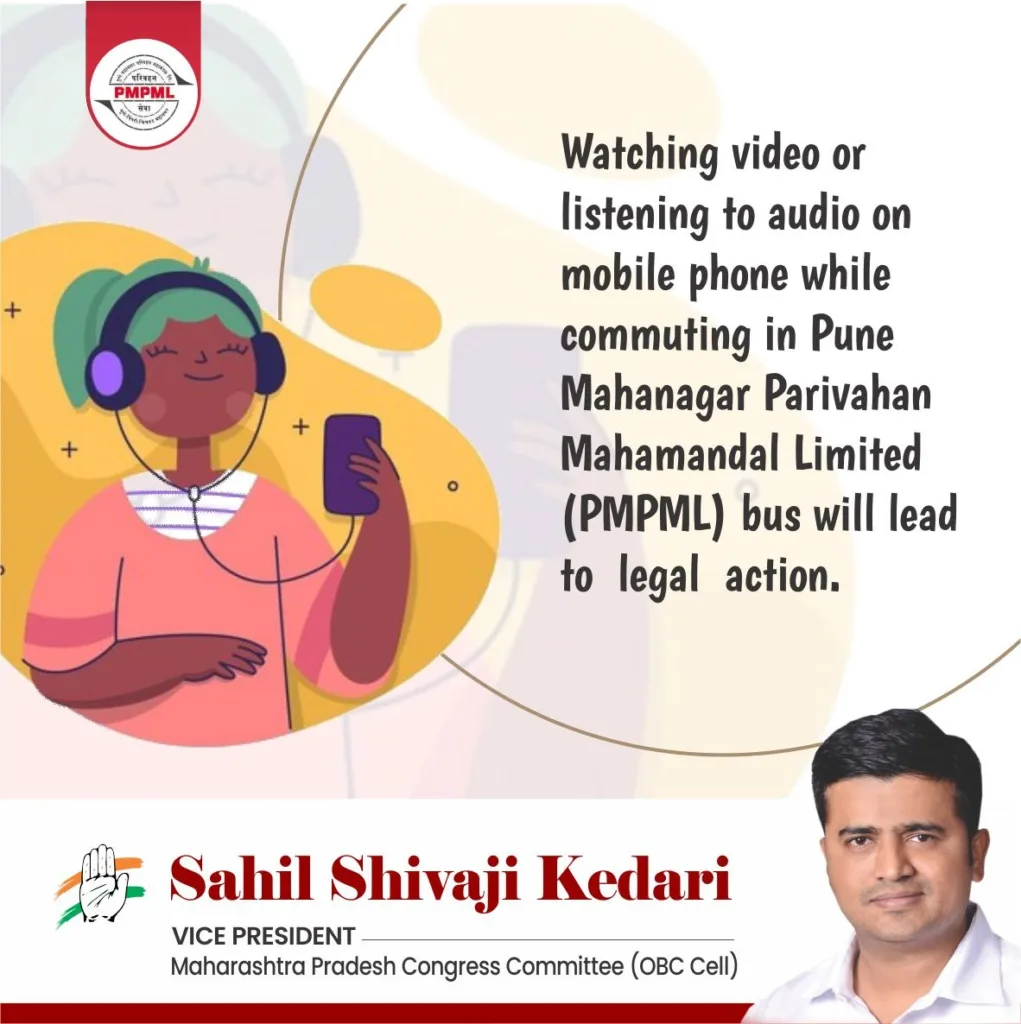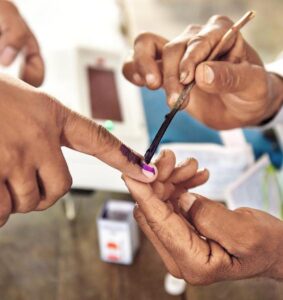Crackdown on Misleading Advertising: Consumer Protection Agency Targets False Claims by Coaching Classes

Crackdown on Misleading Advertising: Consumer Protection Agency Targets False Claims by Coaching Classes ( Representational Image )
Many coaching institutes entice students with deceptive assertions, such as producing academic toppers, boasting exclusive ownership of national high achievers, or guaranteeing extraordinary performance. However, such misleading advertisements will now incur consequences under the Consumer Protection Act.
The Central Consumer Protection Regulator (CCPA) has opened the floor for objections to a draft concerning private tutoring. Until March 16, citizens can submit suggestions and objections regarding guidelines aimed at curbing misleading promotions in this domain. According to an official statement, the CCPA meticulously crafted these guidelines through extensive consultations with stakeholders, including coaching institutes, legal firms, government bodies, and consumer advocacy organizations.
The objective of these guidelines is to safeguard consumers from deceitful marketing tactics prevalent in the private tuition sector, applicable to all educational instructors. Misleading advertising within the coaching industry will be subject to regulation under the Consumer Protection Act of 2019. The proposed guidelines seek to offer clarity to stakeholders while ensuring the protection of consumer interests.
Key Mandates for Coaching Institutes:
Refrain from making unsubstantiated claims regarding success rates, student selections, or rankings in competitive examinations without verifiable evidence.
Acknowledge that student achievements are not solely attributable to coaching efforts, recognizing individual student contributions.
Avoid creating false impressions among students and parents regarding the necessity of coaching.
Abstain from engaging in practices that could mislead potential students and their families.
Clearly communicate the extent of coaching’s involvement in student success.
By enforcing these directives, the authorities aim to foster transparency, integrity, and accountability within the coaching industry while empowering consumers to make informed decisions.









